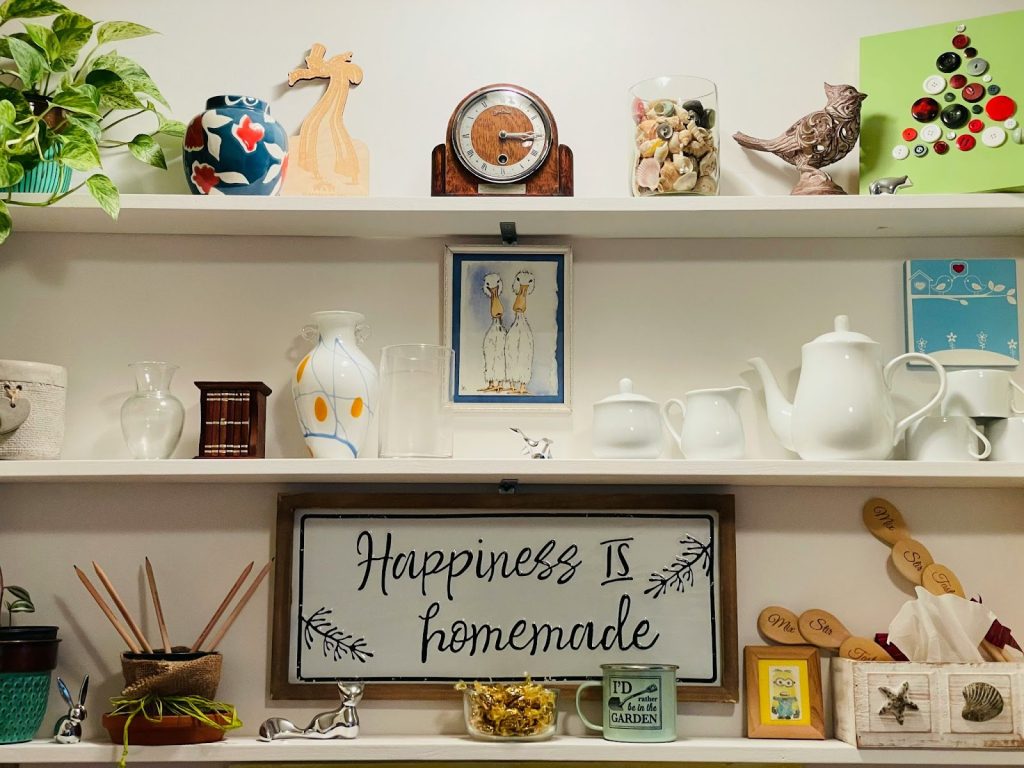How To Overcome These Common Pitfalls in Home Design
The perception of a home’s value and sophistication often hinges on subtle yet significant details. Three common factors can undermine a home’s aesthetic appeal, giving off an impression of cheapness. By addressing these elements with thoughtful design choices and practical solutions, you can elevate the look and feel of your living spaces, turning your home into a haven of style and comfort.
Daniel Ufland, co-founder of Flitch, shares three things to avoid so your home can become a more aesthetically pleasing space.
Artwork With Quotes And Sayings
One of the quickest ways to make a home look cheap is by furnishing it with artwork featuring quotes and sayings. Daniel explains, ‘These often come across as cliché and twee, and they lack the sophistication of more timeless art pieces. Additionally, these pieces can quickly become outdated and may not resonate with everyone’s taste, detracting from the space’s overall aesthetic.
Daniel’s Advice: Instead of relying solely on this type of art, opt for a diverse selection that includes paintings, photographs, sculptures, and mixed media pieces. Choose art that speaks to your personal style and complements your home’s colour palette and decor. Invest in original artwork from local artists or unique prints from reputable sources to add character and individuality to your space. If you do incorporate word sayings into your decor, choose them sparingly and ensure they are meaningful and tastefully integrated into the overall design scheme.
Lack Of Design Cohesion
When there’s a lack of design cohesion throughout the home, it can give off an impression of cheapness. This includes mismatched styles, conflicting colour schemes, and haphazard decor choices that don’t flow well together.
Daniel’s Advice: To achieve cohesion in your interior design, establish a consistent style and colour palette throughout your home. Choose a theme or aesthetic that reflects your personal taste and stick to it when selecting furniture, decor, and paint colours. Consider creating a mood board or design plan to ensure all elements work harmoniously. Invest in key pieces that tie the design scheme together, such as area rugs, throw pillows, and artwork that complement the overall theme.
Too Many Artificial Plants
Having an excess of artificial plants can make a home look cheap because it creates an artificial and stagnant atmosphere. Live plants bring life, freshness, and vitality to a space, while too many artificial plants can appear tacky and lacking in authenticity.
Daniel’s Advice: Incorporate a variety of live plants throughout your home to add natural beauty and purify the air. Choose low-maintenance plants that thrive indoors, such as pothos, snake plants, and succulents. Place them strategically in different rooms to create visual interest and a connection to nature. If you prefer artificial plants, opt for high-quality, realistic-looking ones, use them sparingly, and complement them with live plants for a balanced and natural ambience.
Daniel advises, ‘The difference between a cheap-looking home and a luxurious one often lies in the details. By investing in quality artwork, keeping their design scheme in mind, and adding live plants, homeowners can transform their living spaces into stylish and inviting retreats.’


